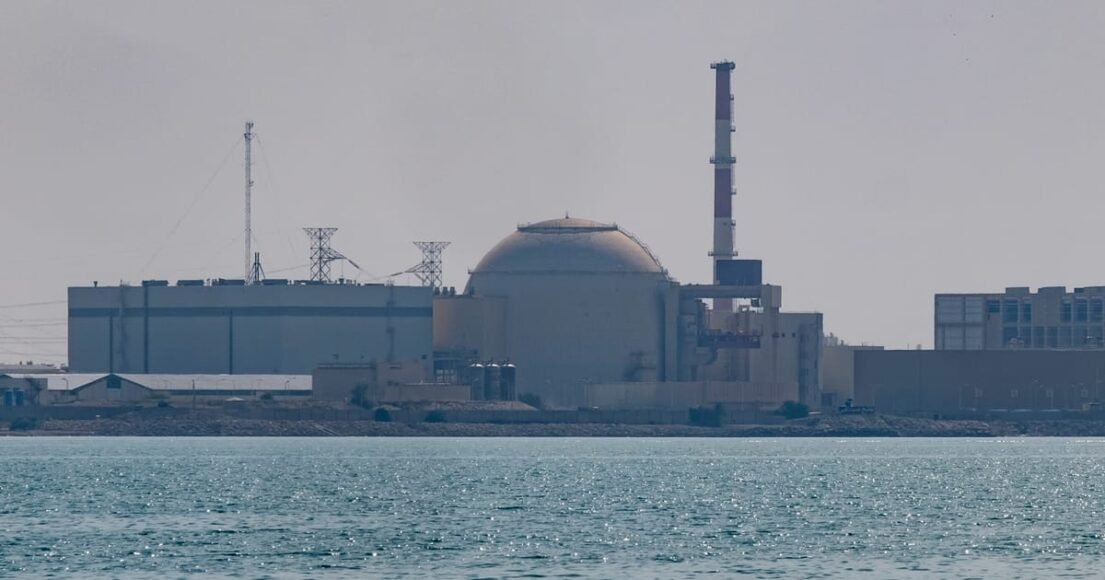Here’s a rewritten version of the article:
—
Lawmakers Face Two Chances to Trigger a No-Confidence Vote Against the Government
French lawmakers have two key opportunities to introduce a motion of no confidence: one following the vote on the social security budget and the other after the vote on the state budget.
The vote on the social security budget is set to happen first, currently scheduled for Monday. If Prime Minister Michel Barnier invokes Article 49.3 of the French Constitution — a tool that allows the government to bypass parliamentary approval — lawmakers would have a 48-hour window to file a no-confidence motion. Once submitted, the motion must be put to a vote within three days.
On Thursday, the far-right National Rally party issued a statement condemning the proposed social security budget, calling it “unacceptable.” They demanded the government abandon three controversial measures: postponing the inflation adjustment for pensions, discontinuing reimbursements for certain types of medications, and a plan to provide new corporate tax relief.
—
What Happens If the Government is Ousted?
The aftermath of a government collapse is uncertain, but one immediate consequence would be that the budget would remain unapproved. However, this is unlikely to result in a U.S.-style government shutdown that grinds public services to a halt. The French Constitution outlines at least two stopgap measures to avoid such a scenario.
The first option allows the government to introduce a “special law” that temporarily extends the previous year’s budget to keep public administration running for a few months.
The second option is more complex: parliamentary debates on the budget would continue until December 21, after which the government could implement the budget through a government order. While this approach would still leave Prime Minister Barnier vulnerable to a no-confidence vote — which he would likely lose — the budget would ultimately be adopted.
—













Leave a Reply